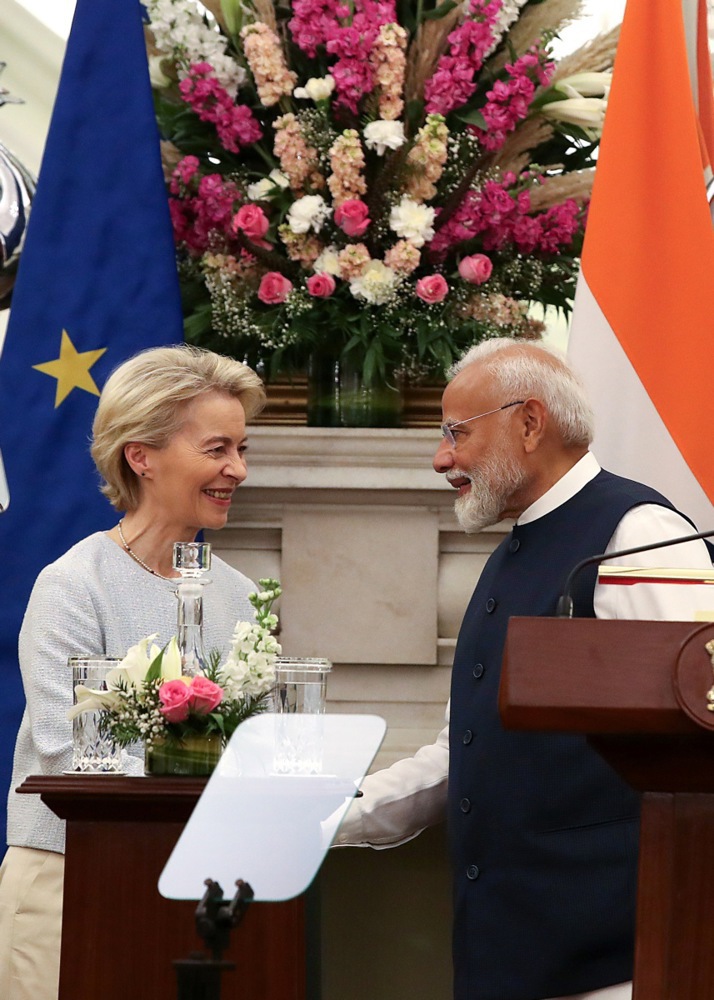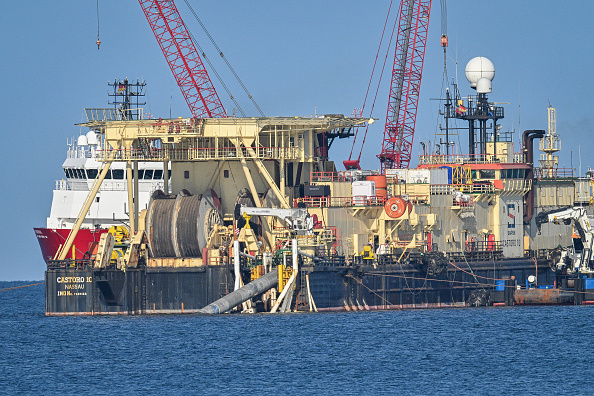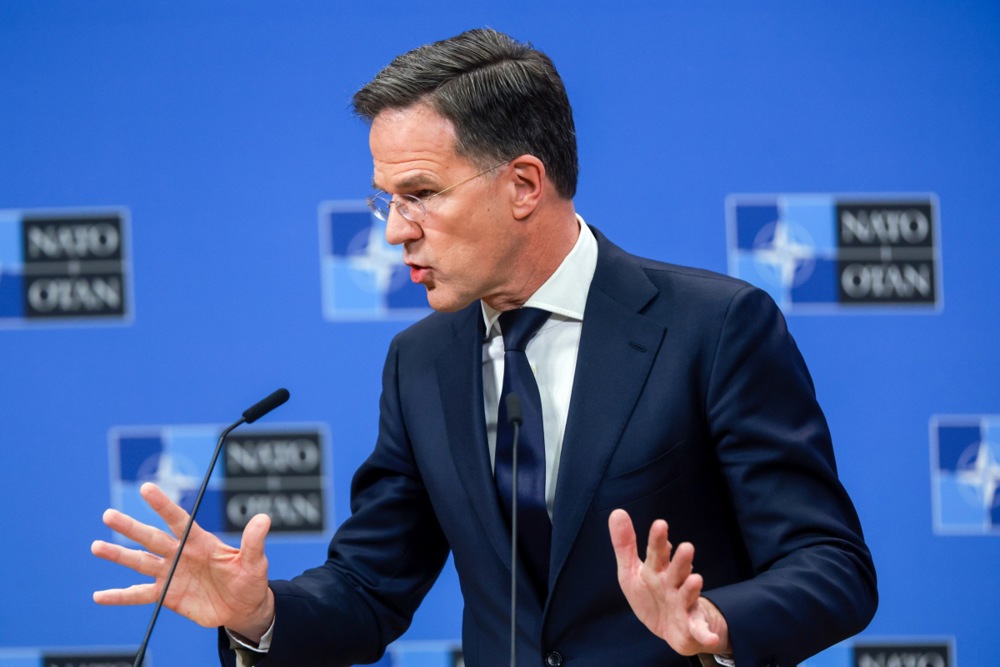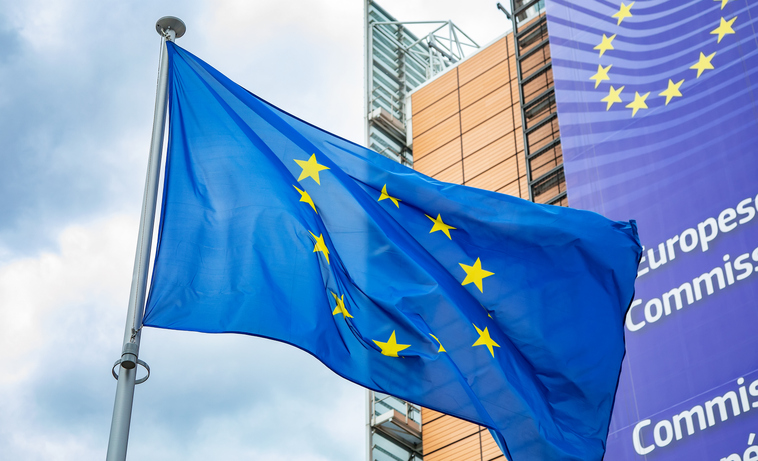Trade negotiations between the EU and Malaysia, home to five types of strategic minerals essential for Europe’s high-tech sector, are stumbling over the bloc’s landmark deforestation regulation.
With the EU trying to reduce its dependency on Chinese critical minerals, Malaysia’s reserves have taken on new significance.
The Southeast Asian country has become a major supplier of critical minerals, five of which were particularly abundant, as identified by the Malaysian International Trade Administration.
It also hosts a rare earth separation plant — one of the few outside China — positioning it as a potentially crucial strategic supplier for Europe’s tech, automotive and defence sectors.
The EU’s Deforestation Regulation (EUDR), though, which came into force in December 2024, has proven problematic with regard to sourcing rules, Malaysian media reported on April 24.
In the context of ongoing trade tensions with the US, the EU and Malaysia recently reopened FTA negotiations that had been frozen since 2012.
That followed European Commission President Ursula von der Leyen’s call to “diversify” as a central pillar of the EU’s competitiveness.
An EC spokesperson on April 15 , though, stated food safety standards would not be part of negotiations. “EU standards, particularly related to food safety and security … are sacrosanct,” he said.
This position has triggered a pushback. The Malaysian Palm Oil Council (MPOC) warned that the EU’s Deforestation Regulation was undermining trust.
“This lack of recognition puts Malaysian producers at a disadvantage,” MPOC CEO Belvinder Sron told Malaysian media Business Today on April 22, referring to the EU’s exclusion of the Malaysian Sustainable Palm Oil standard.
The EC listed Malaysia’s investment project on rare earths under its “strategic projects” framework for raw materials, published in March 2025.
The list highlighted selected initiatives under the Critical Raw Materials Act that were eligible for streamlined approval, possible EU funding, and industrial partnerships.
China’s influence has lingered in the background. While it maintains strong economic ties with China, Malaysia is increasingly viewed in Brussels as a non-aligned actor — one that could be brought closer into the EU’s orbit without triggering geopolitical tension escalation.
About a year ago, the EC launched a “de-risking strategy” regarding China. Von der Leyen said at the time it would mean “reducing critical dependencies and vulnerabilities, including in EU supply chains, and diversifying where necessary”.
She stressed it would only concern specific sectors, “so no full decoupling strategy, where all ties would be cut”.
China controlled the vast majority of the global supply of critical minerals, up to 94 per cent for gallium, for example, which is vital for semiconductor production, LEDs, solar panels and other electronic devices that are key exports for the EU.
A recent Eurostat report showed that the EU’s dependency on critical raw materials had decreased significantly.
While Europe still imported more than 70 per cent of its critical raw materials, that was down by nearly 30 per cent compared to previous years.
The EU’s economic security still hinged on securing more diverse and resilient supply chains to reduce the potential for external pressure, a recent Delors Centre study showed.
Brussels has also attempted to establish closer ties with Central Asia. Countries including Kazakhstan and Uzbekistan were being courted for their mineral potential.
Most of those partnership discussions were in early stages as logistical and regulatory constraints continued to slow their adoption.





